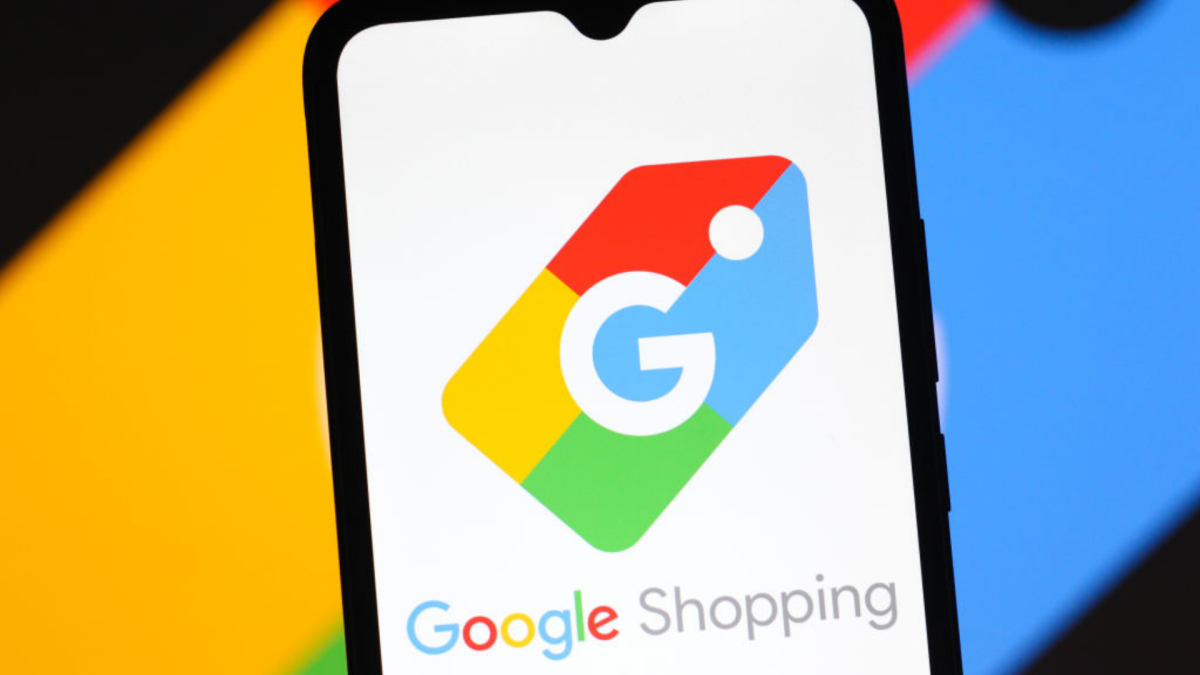Google’s AI:has announced several AI-powered updates to its shopping features, meant to help make your mindless consumerism even more mindless.
First, Google has updated Search’s AI mode to tell users what they’re shopping for in a conversational manner. For example, Google explains that someone can search “cozy sweaters for cozy times in warm autumn colors” and be presented with shoppable images, prices, reviews, and information about whether the suggested items are in stock. Additionally, considering multiple product options will create a comparison table that references other people’s reviews.
Such changes also apply to the Gemini app, with Google’s AI chatbot now able to provide ideas about what to add to your shopping list. Users can tell Gemini they are looking for products for a certain purpose, such as practical gifts for students or ideas about what to buy during Black Friday sales. Gemini will then create a list of suggested products that can be purchased directly in the app.
Google adds automated calls for businesses

Credit: Google
Another interesting Shopping update is Google’s new ability to call stores and make inquiries on your behalf, a feature that could be helpful for people with disabilities, social anxiety, or those who hate phone calls.
When users use search to find certain products “near me” they will see the option to “Let Google call.” Google will then ask you a few questions to find out what you want, call the store, then send you the answer via email or text. Currently, Google’s automated calls are limited to booking appointments, checking wait times at restaurants, and confirming the price and availability of products and services.
Google’s automated calls are also rolling out in the US for toy, electronics, and health & beauty categories, though not all states will get them. Google says its automated shopping calls won’t start rolling out in Indiana, Louisiana, Minnesota, Montana and Nebraska. If businesses do not wish to receive these automated calls, they can also opt out by calling Google themselves or by changing the settings on their business profile.
Google’s AI automatically buys products

Credit: Google
Finally, Google has started rolling out the agentic AI checkout feature that it teased at Google I/O 2025 in May. With this feature, users can have Google’s AI shopping agent monitor the availability of a product and send them a notification when its price drops below a set target. Users can customize these notifications to specifically track the size, color, and number of items they want to purchase.
It’s worth noting that Google can also purchase items for you autonomously using Google Pay. Google says it will ask for your permission before purchasing anything, and will only proceed after confirming the purchase and shipping details. Still, it’s wise to think long term before giving AI the power to spend your money.
The feature is rolling out Google Search and AI mode, though it will be available in the US for now, and only for certain sellers like Wayfair, Chewy, Quince, and select Shopify stores.
Google’s latest AI-powered shopping features join its virtual fitting rooms, which have been available to US users through the Search Labs testing platform since May. The feature allows users to upload a photo of themselves to Google, then uses AI to generate an image of themselves in the clothes they are considering purchasing.
These features use Google’s Shopping Graph, a data set of products and sellers from around the world. Google says its real-time Shopping Graph has more than 50 billion product listings, many of which are updated hourly.
Google’s updates come amid a dispute between Amazon and Perplexity over similar AI shopping technology. The online retail giant sued Perplexity last week, objecting to the AI firm’s use of its automated AI-powered shopping assistant to enable one-click purchases from Amazon. According to Amazon, Perplexity has ignored repeated requests to not include it in this tool.
Luckily for Google, its AI shopping assistant is unlikely to face similar turmoil at the moment, as its gradual rollout in select stores doesn’t currently involve Amazon.
